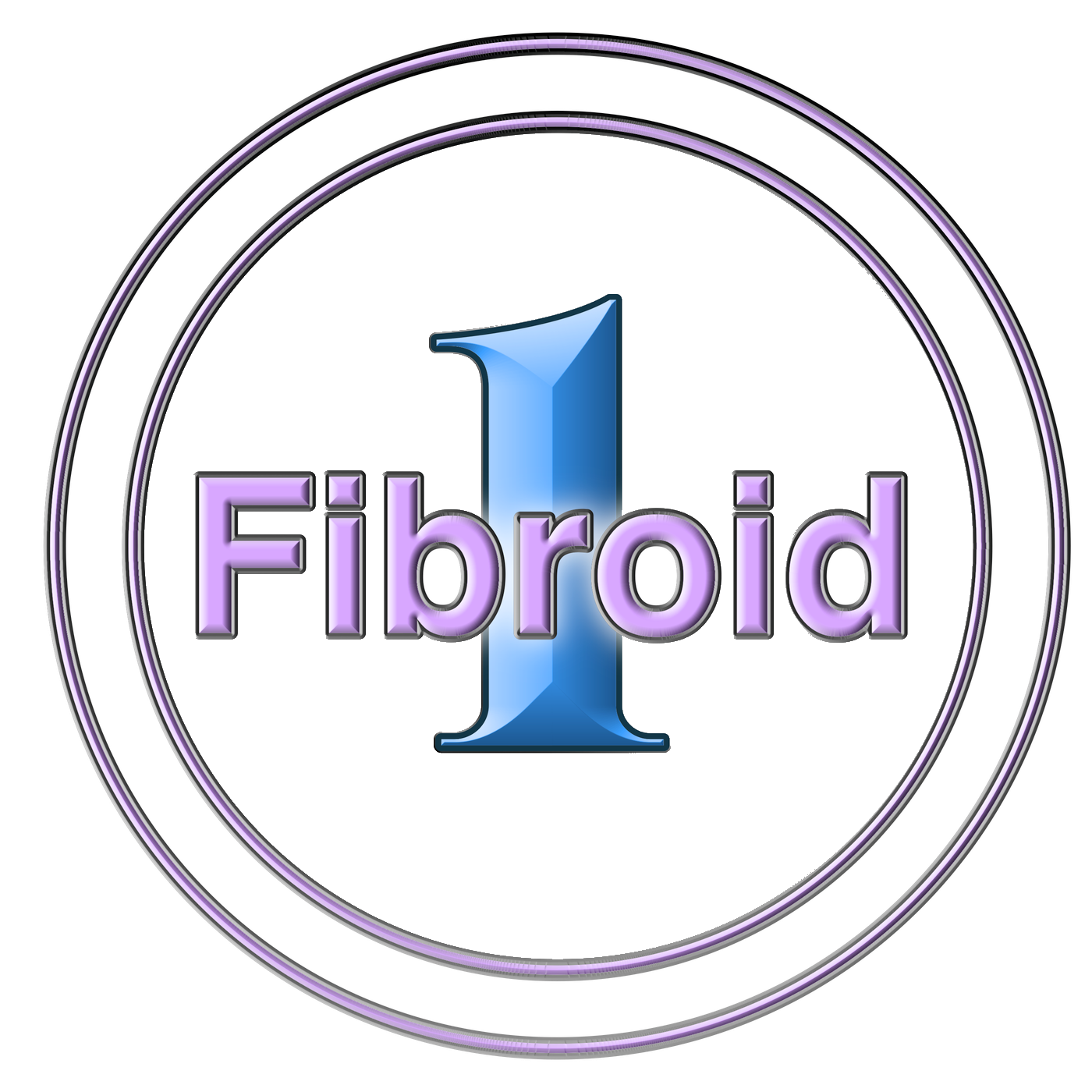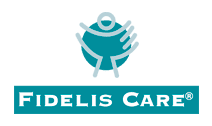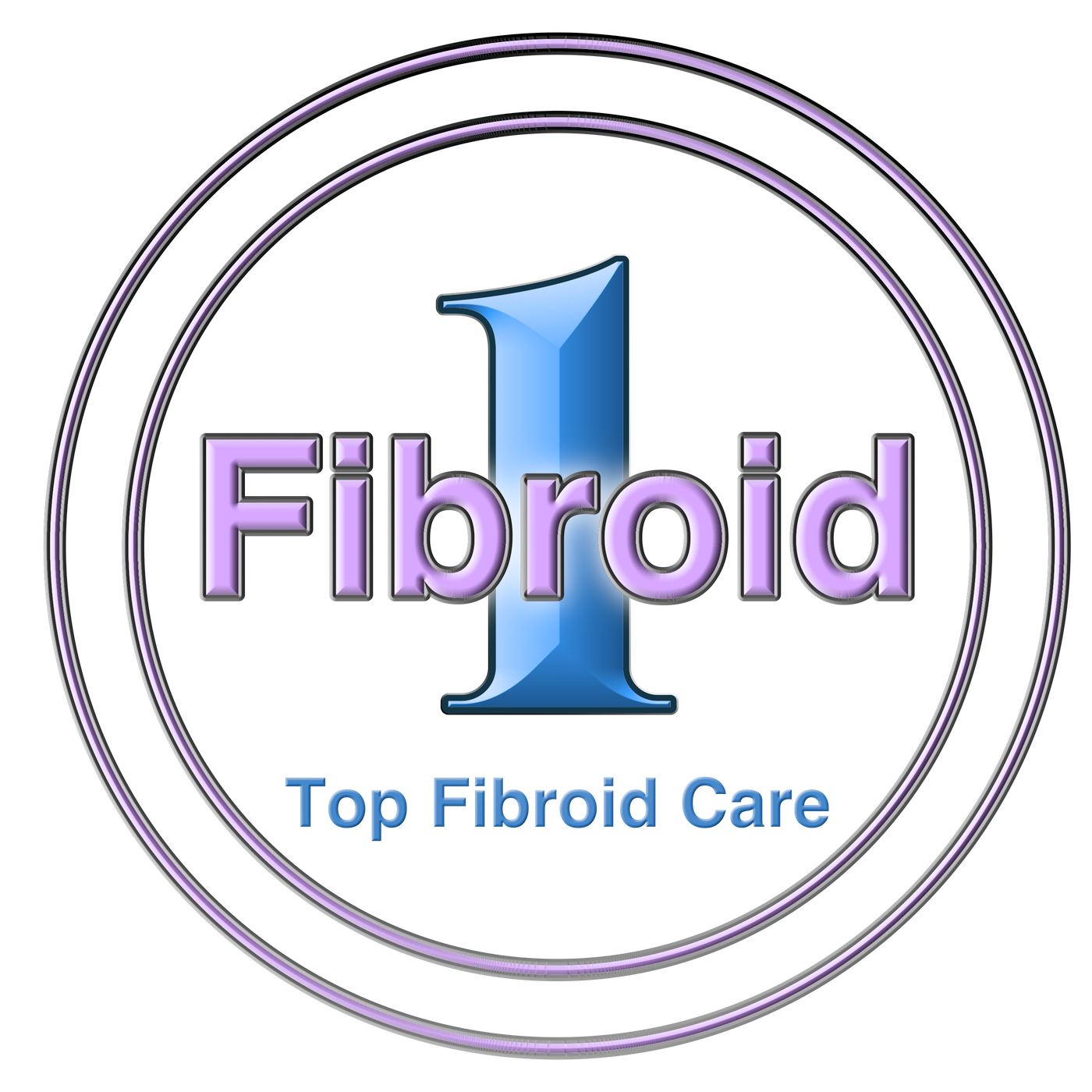What Are Risk Factors For Uterine Fibroids?
Uterine fibroids are classified as benign, meaning a non-cancerous type of tumor. But, that does not mean fibroids are always without issues. While some women with uterine fibroids do not experience any symptoms or discomfort whatsoever, the same cannot be said for all women. Depending on the size and location of the uterine fibroids, women who experience symptoms from their fibroids report being impacted in one or more of the following ways by their condition:
- Pressure or pain in the pelvic area
- Frequent need to urinate
- Difficulty emptying the bladder
- Constipation
- Backaches
- Leg pain
- Heavy bleeding during periods
- Periods that last for over a week
Although there is no definitive answer to what causes uterine fibroids, studies have been able to pinpoint several risk factors. Because uterine fibroids are the most common tumor to affect the female reproductive system, all women are potentially at risk of developing fibroids, but the following can increase one’s likelihood:
- Age. Older women are more at risk than younger women.
- Race. Uterine fibroids disproportionately affect Black women compared to women from other backgrounds.
- Genetics. Someone has a higher likelihood of developing uterine fibroids if another family member has also developed fibroids.
- Starting your period at an early age.
- Beginning menopause at a late age.
- Other factors that can potentially affect someone’s risk of developing uterine fibroids include obesity, Vitamin D deficiency, or a diet of mostly red meat without enough fruits and vegetables.
Is There A Link Between Alcohol Consumption And Uterine Fibroid Risk?
Although more research is needed to conclusively understand the causes of uterine fibroids and the link to alcohol consumption, two studies, in particular, have yielded pertinent results.
One study focused on Black women in the United States, and the potential impact that caffeine, alcohol, and tobacco use could have on this community’s risk of uterine fibroids. The results concluded that caffeine and tobacco use does not necessarily have any impact on a Black woman’s risk of developing fibroids. The same cannot be said, however, for the consumption of beer. It is believed that beer consumption can have some impact on the body’s hormones. This can be because beer contains the phytoestrogens of hops and barley. Drinking beer can also trigger an increase in the prolactin hormone within the body. Together, the increase of these hormones can potentially result in the overproduction of estrogen in the body.
Another study focused on Italian women and their alcohol habits, and how this can potentially affect their risk of developing uterine fibroids. Most of the Italian women in the study were wine drinkers. (The type of wine specifically was not documented.) This study found no relation between Italian women’s consumption of wine and the risk of developing fibroids. Though this is just one study, when it comes to alcohol, it is likely that there is a weaker link between wine consumption and fibroids than there is between beer consumption and fibroids.
When Should I Seek A Specialist For Uterine Fibroids?
While uterine fibroids can be without symptoms in some patients, and can even naturally shrink in size over time, the same cannot be said for all women with uterine fibroids. If you find that the pain and discomfort from uterine fibroids are impacting your enjoyment of life, it is time to consider your treatment options.
If you are living with uterine fibroids and curious about your nonsurgical alternatives to fibroid treatment, consider 1Fibroid. 1Fibroid is based in New York, with locations in both Manhattan and Queens. We are committed to women’s care and offer non-invasive options such as medication, hormone therapy, and UFE procedures. If you’re ready to live life without the symptoms of fibroids, call us today at 212-991-9991.












